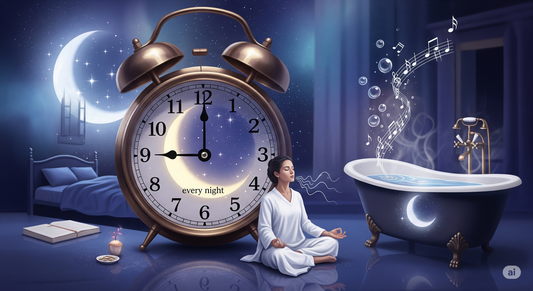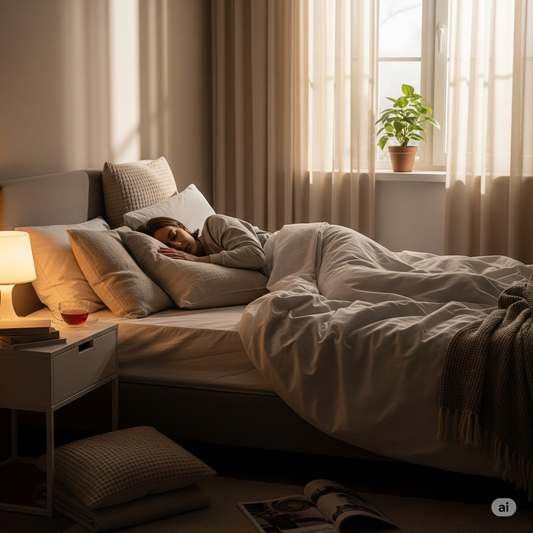
How Blue Light from Mobile Screens Affects Sleep Quality
In today's digital age, mobile phones have become an integral part of our daily lives, offering convenience and connectivity. However, the blue light emitted by these devices has raised concerns regarding its impact on sleep quality.
Understanding Blue Light and Its Effects
Blue light is a high-energy, short-wavelength light found naturally in sunlight. It plays a crucial role in regulating our circadian rhythm—the internal clock that dictates sleep-wake cycles—by influencing melatonin production, a hormone that promotes sleep. Exposure to blue light during daytime enhances alertness and cognitive function. However, exposure during evening hours can disrupt melatonin secretion, leading to sleep disturbances.
Mobile Phones and Blue Light Emission
Mobile phone screens emit significant amounts of blue light, similar to that of daylight. Using these devices before bedtime can trick the brain into thinking it's still daytime, suppressing melatonin production and delaying sleep onset. This disruption can result in shorter sleep duration and reduced sleep efficiency.
Impact on Sleep Quality
Several studies have demonstrated a correlation between evening screen time and poor sleep outcomes. Increased screen time has been linked to shorter sleep duration, decreased sleep efficiency, and longer sleep onset delay. The blue light emitted by screens disrupts the body's natural melatonin production, leading to these sleep disturbances.
Mitigating the Effects of Blue Light
To minimize the adverse effects of blue light on sleep, consider the following strategies:
- Limit Screen Time Before Bed: Avoid using mobile phones and other electronic devices at least an hour before bedtime to allow melatonin levels to rise naturally.
- Use Night Mode Features: Many devices offer "night mode" or "blue light filter" settings that reduce blue light emission by adjusting the screen to warmer tones.
- Lower Screen Brightness: Dimming your screen can decrease blue light exposure and reduce its impact on melatonin production.
- Consider Blue Light Blocking Glasses: These glasses are designed to filter out blue light wavelengths, potentially reducing its effect on sleep. However, their efficacy varies, and they may not be necessary for everyone.
Conclusion
While mobile phones are indispensable tools, their blue light emissions can negatively affect sleep quality when used during evening hours. By understanding the relationship between blue light and sleep, and implementing simple strategies to reduce exposure, individuals can promote better sleep hygiene and overall health.
References:







